#archie mayo
Explore tagged Tumblr posts
Text


Lew Ayres in The Doorway To Hell (1930)
#lew ayres#the doorway to hell#archie mayo#james cagney#precode#movies#hollywood#oldhollywood#filmedit#movieedit#actor#moviegifs#filmgifs#my gifs#filmblr#classicfilmsource#classicfilmedit#classfilmblr#fyeahmovies#cinemaspast#cinemaspam#cinemapix#cinematv#dailyfilmsource#dailyflix#dailyflicks#userdestry#userairam#userdeforest#userthing
300 notes
·
View notes
Text




Madge Evans in THE MAYOR OF HELL (1933, dir. Archie Mayo)
118 notes
·
View notes
Text

#movies#polls#it’s love i’m after#its love im after#30s movies#old hollywood#archie mayo#leslie howard#bette davis#olivia de havilland#patric knowles#eric blore#requested#have you seen this movie poll
87 notes
·
View notes
Text

Mary Doran photographed for her uncredited role in Under Eighteen (dir. Archie Mayo, 1931)
#mary doran#under eighteen#archie mayo#1931#classic actress#classic hollywood#old hollywood#vintage photography#black and white photography#art déco#art deco#vintage fashion#1930s fashion#glamour#old glamour
39 notes
·
View notes
Photo









The Mayor of Hell (Archie Mayo, 1933)
45 notes
·
View notes
Text
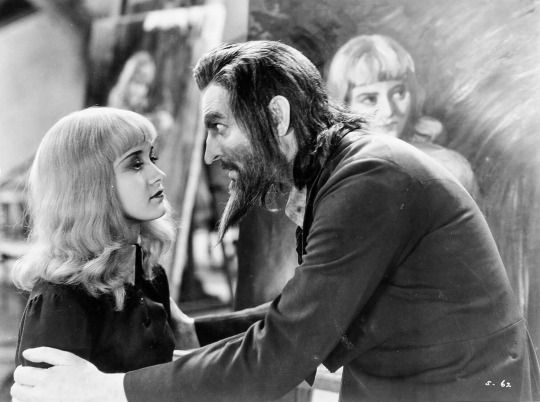

John Barrymore and Marian Marsh in Svengali (1931)
130 notes
·
View notes
Text
I talk about my favorite screwball comedy.
#it's love i'm after#olivia de havilland#bette davis#leslie howard#archie mayo#old hollywood#thoughts#romantic comedy
12 notes
·
View notes
Text
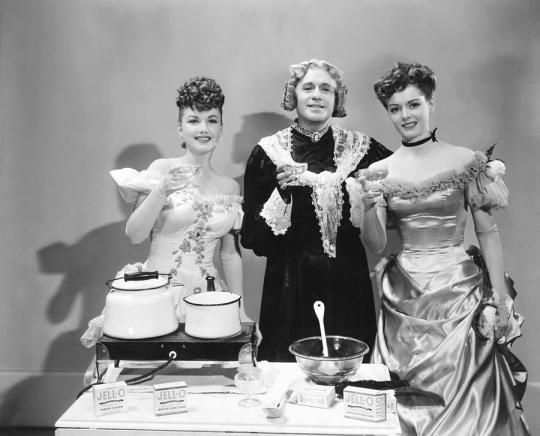
Anne Baxter-Jack Benny-Arleen Whelan "Charley´s aunt" 1941, de Archie Mayo.
9 notes
·
View notes
Text


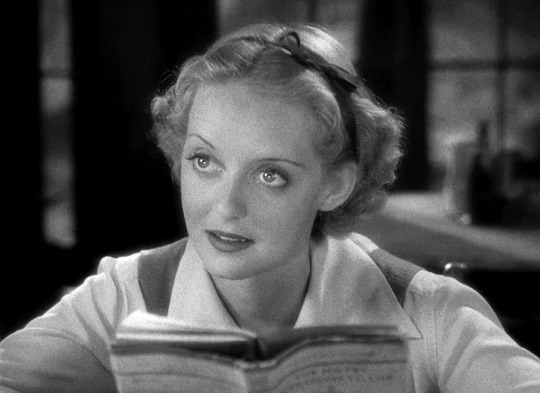
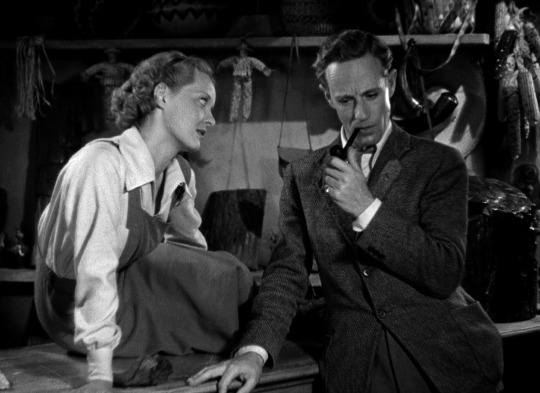
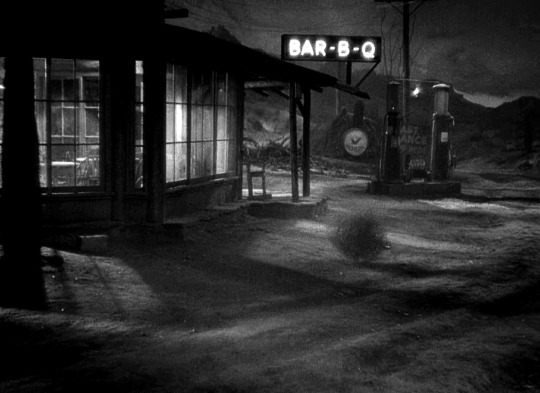



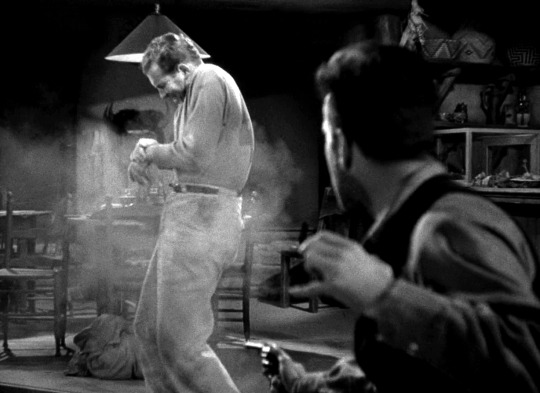
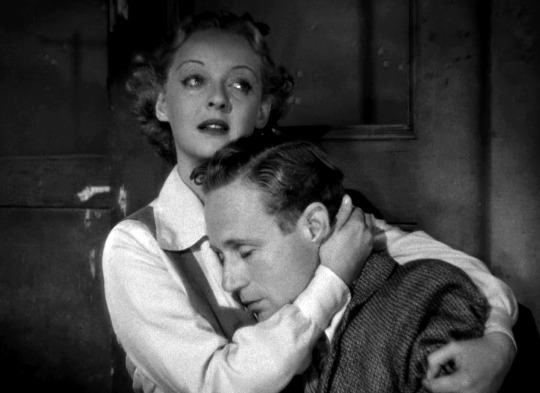
The Petrified Forest (1936)
#the petrified forest#the petrified forest 1936#archie mayo#bette davis#humphrey bogart#leslie howard#porter hall#charley grapewin#1930s#1936#filmedit#film#cinema#movies
55 notes
·
View notes
Text










Moontide (1942) Archie Mayo
September 25th 2024
#moontide#1942#archie mayo#jean gabin#ida lupino#claude rains#thomas mitchell#jerome cowan#chester gan#robin raymond#fritz lang
11 notes
·
View notes
Text



#under eighteen#1932#marian marsh#anita page#warren william#regis toomey#archie mayo#the great depression
5 notes
·
View notes
Text

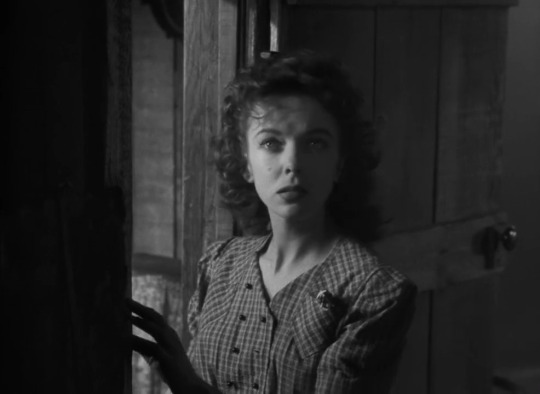
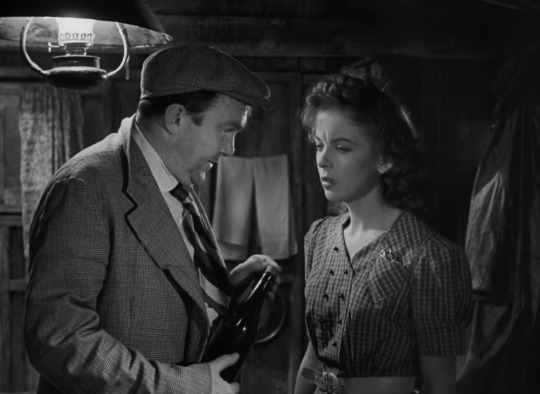

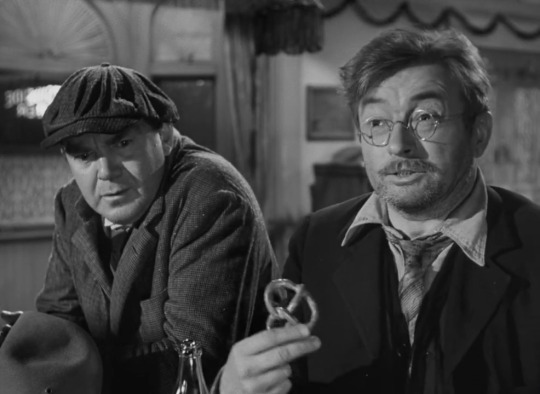

moontide, archie mayo 1942
#moontide#archie mayo#1942#ida lupino#jean gabin#les liens de sang#querelle#paris texas#der himmel über berlin#american history x#moonfall#dietrich#dittsch#alexanderplatz#produktionsbedingungen#film in deutschland#pressefreiheit#meinungsfreiheit#about photography#nutsy
5 notes
·
View notes
Text

#movies#polls#angel on my shoulder#paul muni#anne baxter#claude rains#archie mayo#fantasy#ended#result: unheard of
7 notes
·
View notes
Text

Barbara Stanwyck in Gambling Lady (dir. Archie Mayo, 1934)
#gambling lady#archie mayo#1934#barbara stanwyck#classic film#classic actress#classic hollywood#old hollywood#eugene joseff#vintage fashion#1930s#vintage photography#glamour#old glamour#queen
35 notes
·
View notes
Photo






James Cagney in The Mayor of Hell (Archie Mayo, 1933)
46 notes
·
View notes
Text
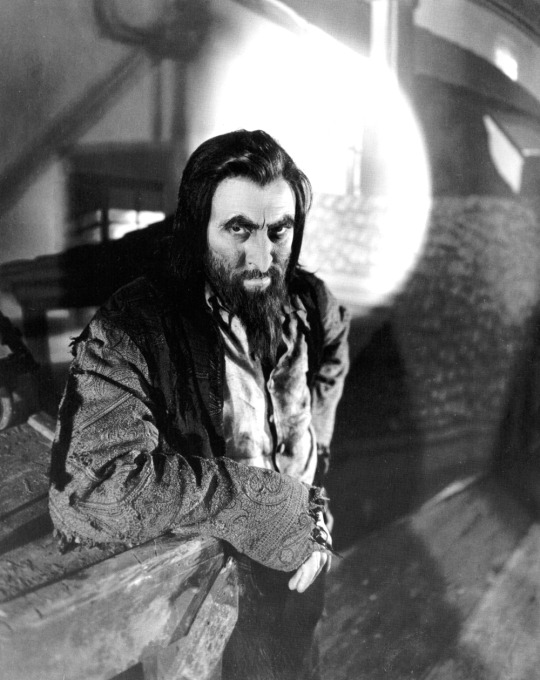
John Barrymore in Svengali (1931)
51 notes
·
View notes